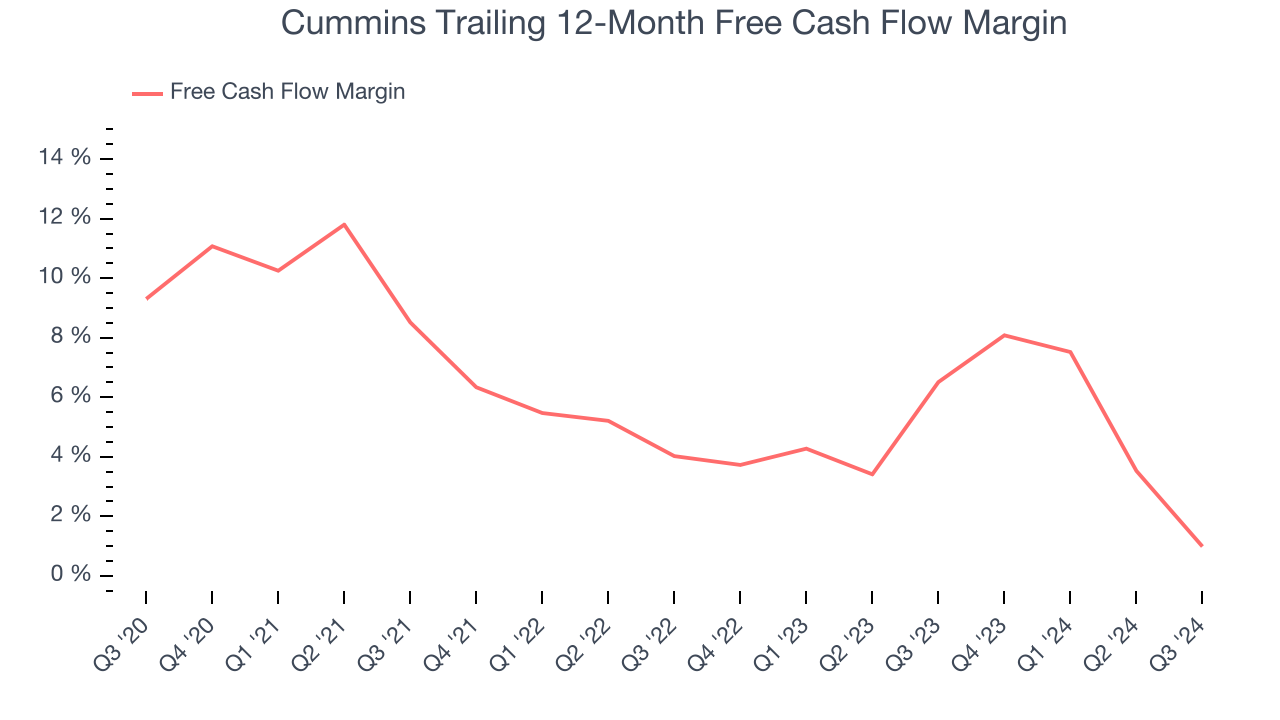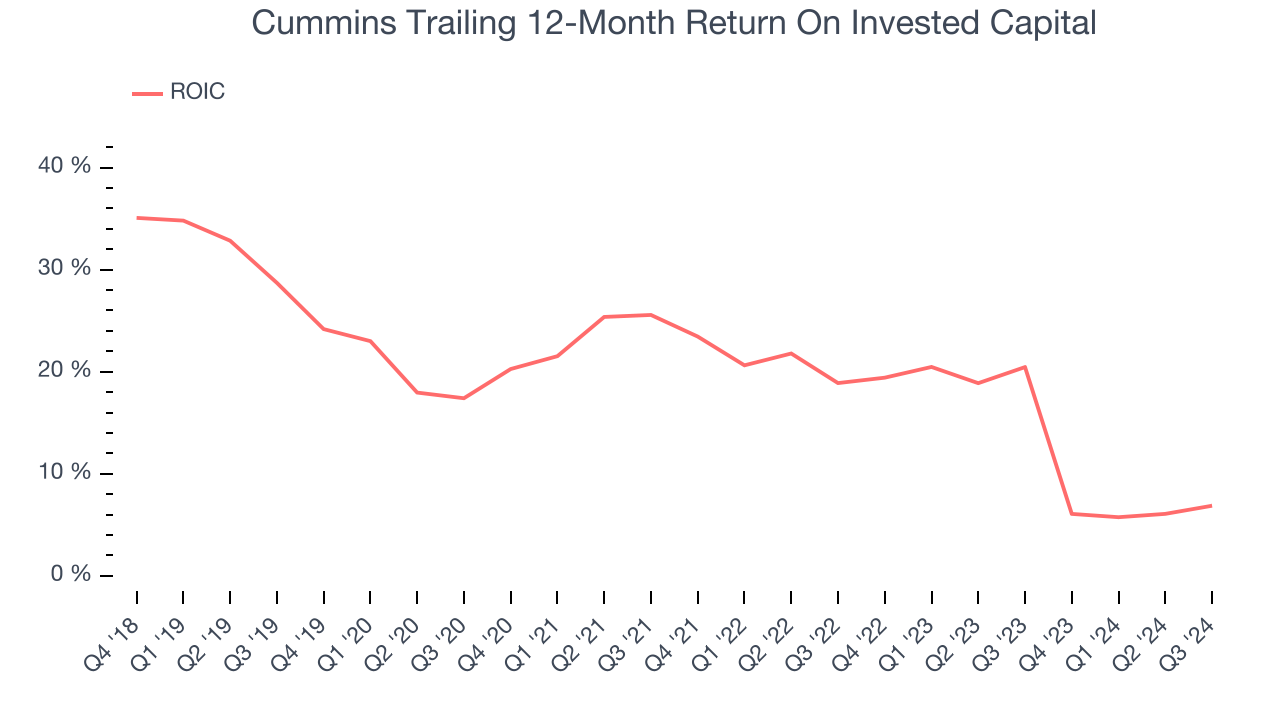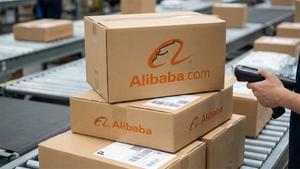
Cummins has had an impressive run over the past six months as its shares have beaten the S&P 500 by 20.8%. The stock now trades at $372.27, marking a 33.8% gain. This was partly due to its solid quarterly results, and the run-up might have investors contemplating their next move.
Is now the time to buy Cummins, or should you be careful about including it in your portfolio? Get the full breakdown from our expert analysts, it’s free.We’re happy investors have made money, but we're cautious about Cummins. Here are three reasons why we avoid CMI and a stock we'd rather own.
Why Is Cummins Not Exciting?
With more than half of the heavy-duty truck market using its engines at one point, Cummins (NYSE: CMI) offers engines and power systems.
1. Projected Revenue Growth Shows Limited Upside
Forecasted revenues by Wall Street analysts signal a company’s potential. Predictions may not always be accurate, but accelerating growth typically boosts valuation multiples and stock prices while slowing growth does the opposite.
Sell-side analysts expect Cummins’s revenue to remain flat over the next 12 months, a deceleration versus its 14.3% annualized growth rate for the last two years. This projection is underwhelming and implies its products and services will see some demand headwinds.
2. Free Cash Flow Margin Dropping
If you’ve followed StockStory for a while, you know we emphasize free cash flow. Why, you ask? We believe that in the end, cash is king, and you can’t use accounting profits to pay the bills.
As you can see below, Cummins’s margin dropped by 8.3 percentage points over the last five years. If this trend continues, it could signal it’s becoming a more capital-intensive business. Cummins’s free cash flow margin for the trailing 12 months was breakeven.

3. New Investments Fail to Bear Fruit as ROIC Declines
ROIC, or return on invested capital, is a metric showing how much operating profit a company generates relative to the money it has raised (debt and equity).
We typically prefer to invest in companies with high returns because it means they have viable business models, but the trend in a company’s ROIC is often what surprises the market and moves the stock price. Unfortunately, Cummins’s ROIC has decreased over the last few years. We like what management has done in the past but are concerned its ROIC is declining, perhaps a symptom of fewer profitable growth opportunities.

Final Judgment
Cummins isn’t a terrible business, but it isn’t one of our picks. With its shares topping the market in recent months, the stock trades at 16.5x forward price-to-earnings (or $372.27 per share). At this valuation, there’s a lot of good news priced in - we think there are better opportunities elsewhere. We’d suggest looking at FTAI Aviation, an aerospace company benefiting from Boeing and Airbus’s struggles.
Stocks We Would Buy Instead of Cummins
The Trump trade may have passed, but rates are still dropping and inflation is still cooling. Opportunities are ripe for those ready to act - and we’re here to help you pick them.
Get started by checking out our Top 9 Market-Beating Stocks. This is a curated list of our High Quality stocks that have generated a market-beating return of 175% over the last five years.
Stocks that made our list in 2019 include now familiar names such as Nvidia (+2,691% between September 2019 and September 2024) as well as under-the-radar businesses like United Rentals (+550% five-year return). Find your next big winner with StockStory today for free.





